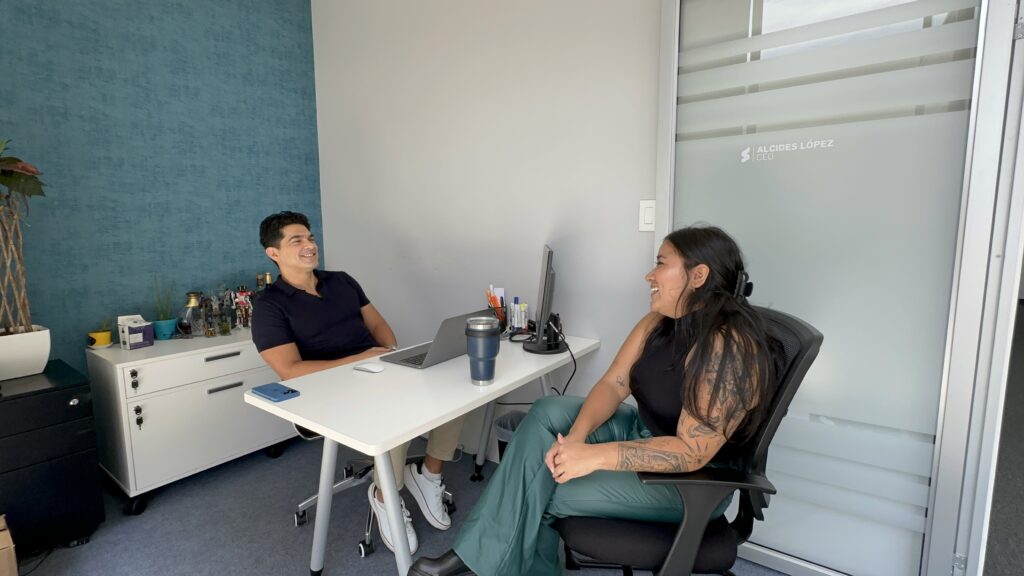Securing your dream job often starts with the interview. Whether you're a fresh graduate looking for your first job or a seasoned professional seeking new career opportunities, mastering the interview process is crucial. This article will explore tips, questions, body language, and follow-up strategies to help you confidently navigate interviews and increase your chances of landing the desired job.

- Preparation is key:
Before you even step into the interview session, previous preparation is essential. This includes:
- Research: Investigate the company, its culture, values, products, and recent developments. Be sure to understand the role you're applying for, its responsibilities, and how it fits into the organization.
- Know Your Resume: Be ready to discuss your own experiences, skills, and accomplishments. Your resume is a crucial reference point for the interviewer, so know it inside and out.
- Common Interview Questions: Practice answering common interview questions such as "Tell me about yourself," "What are your strengths and weaknesses?" and "Why do you want to work here?"
- Questions for the Interviewer: Prepare thoughtful questions to ask the interviewer. This demonstrates your genuine interest in the position and the company.
2. Mastering the Interview Questions:
Be ready for a variety of questions during the interview:
- Behavioral Questions: These questions seek to understand how you've handled situations in the past. Use the STAR (Situation, Task, Action, Result) method to structure your responses.
- Situational Questions: These assess how you might handle future scenarios. Be sure to provide specific examples and explain your thought process.
- Technical Questions: Expect questions about your skills and knowledge for technical roles. Practice answering technical questions to showcase your expertise.
- Case Questions: In specific industries, case interviews are common. Familiarize yourself with case interview frameworks and practice with sample cases.
3. Effective Body Language:
Your body language communicates as much as your words, even though virtual interviews:
- Eye Contact: Maintain good eye contact to convey confidence and engagement.
- Be Present: Avoid distractions during the interview and be fully present during the session.
- Posture: Sit up straight and avoid fidgeting to appear composed and attentive.
- Gestures: Use gestures to emphasize your points, but avoid excessive or distracting movements.
- Facial Expressions: Smile naturally and use your facial expressions to convey enthusiasm.
4. Follow-Up Strategies:
The interview doesn't end when you walk out the door. Follow-up is a critical step in the process:
- Additional Information: If you forgot to mention something important during the interview, use the follow-up email to provide that information.
- Patience: Wait for a reasonable time before following up on your application status. If the company gave you a timeline, respect it.
- Reachability: Be always available and able to provide any additional information the interviewer may require, and stay tuned for the next steps or feedback from the process.
Mastering the interview process is a skill that can significantly impact your career prospects. By being well-prepared, confidently answering questions, displaying effective body language, and following up strategically, you can increase your chances of securing the job of your dreams. Remember, each interview is an opportunity to learn and grow, so embrace the process with enthusiasm and adaptability. Good luck with your following interview!


